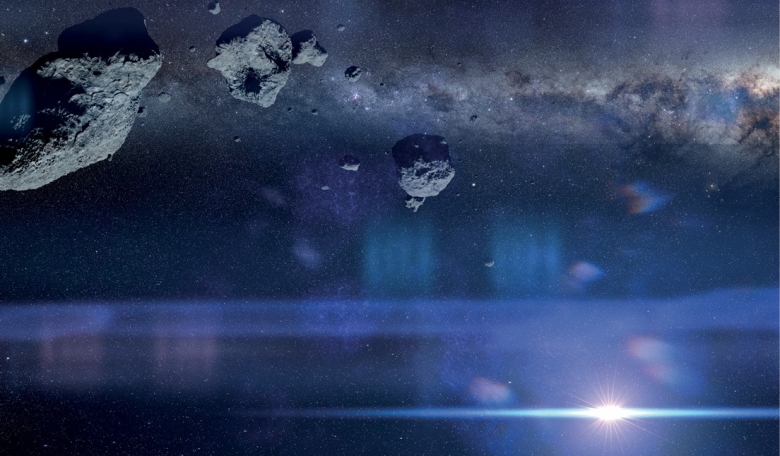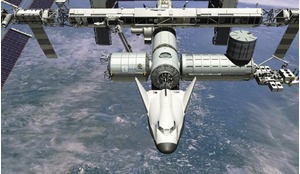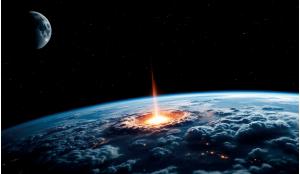Space resource utilisation has become one of the hottest topics of debate in international space circles in recent years and even the way the activity is described can cause strong reactions from the different actors. With recent advances in technology the debate is expanding from theory into technological, commercial and even social relevance. Dimitra Stefoudi considers the process of the debate and asks whether the international community can realistically overcome a modern form of old style colonialism where the commercial interests of the rich and powerful prevail.
As hot topics go, space resource utilisation has been on the boil within the international space community for a number of years. This activity goes by several names, each of which is paired with a specific connotation. The most used is ‘space mining’ but it fails to reflect the other aspect of this activity: governance of the proceeds from space mining. The alternative ‘space resource exploitation’ has something of a negative hue predisposing opinions on the subject. Similarly, neither ‘use of outer space’ or ‘space exploration’ encompass any commercial motive, as they refer to generic and rather scientific purposes. So far, the most objective term to describe the extraction and further use of space material, for commercial or other purposes, is ‘space resource utilisation’.
A main source of debate is not the activity itself but its surrounding legal framework. International space treaties include specific provisions on the use of outer space and on the cooperation of States in benefiting from the results of such use. Even though international space law is not, and should not be, in any way disregarded, the adherence to academic discussion does not yield any useful results in the practice of carrying out space mining activities. The parameters of the debate are expanding.













